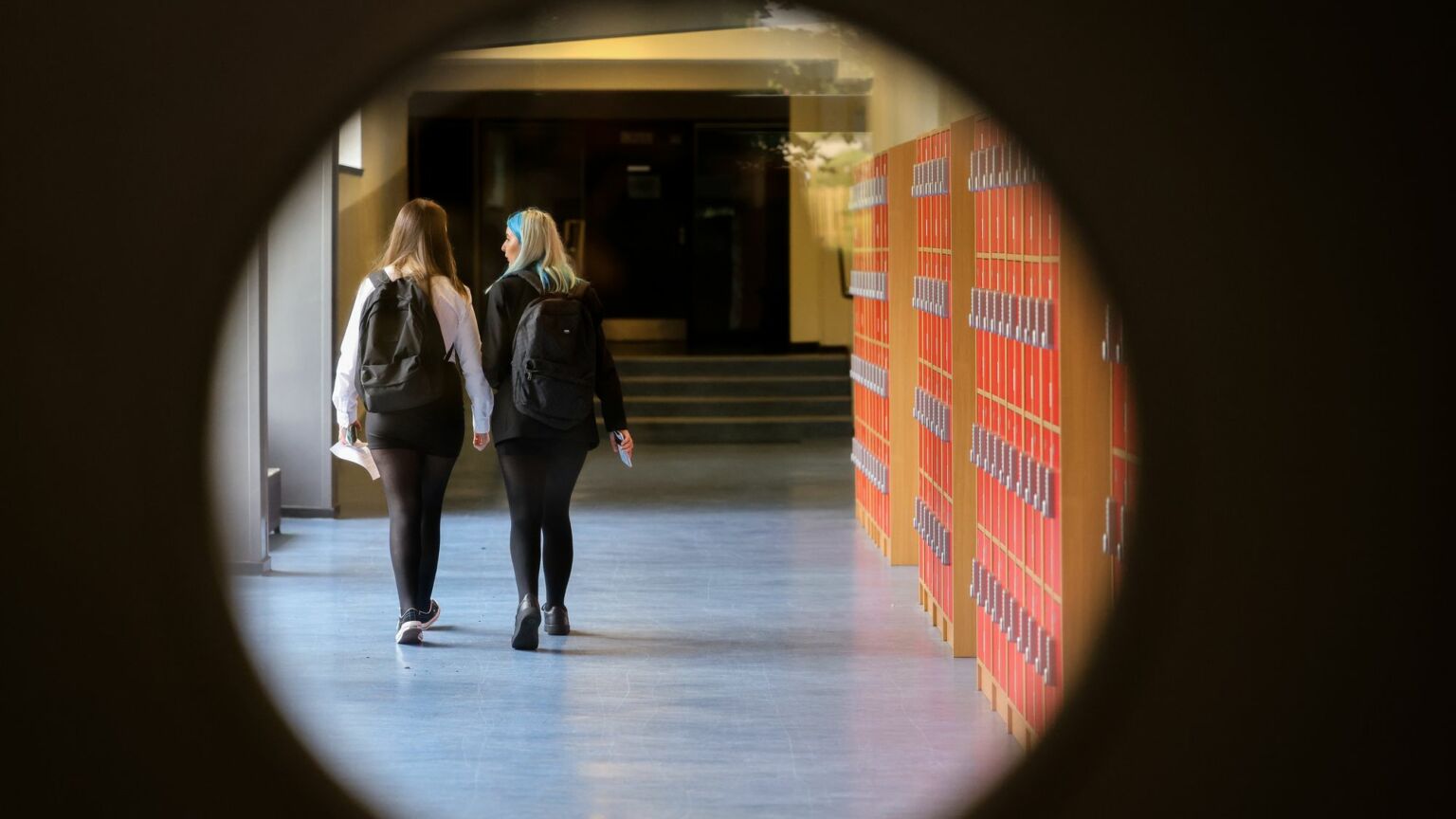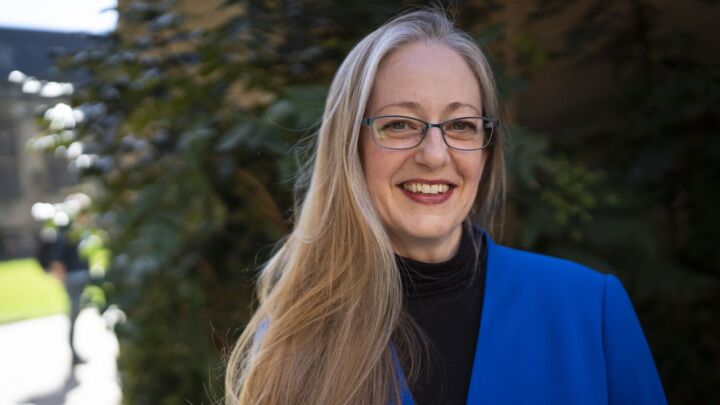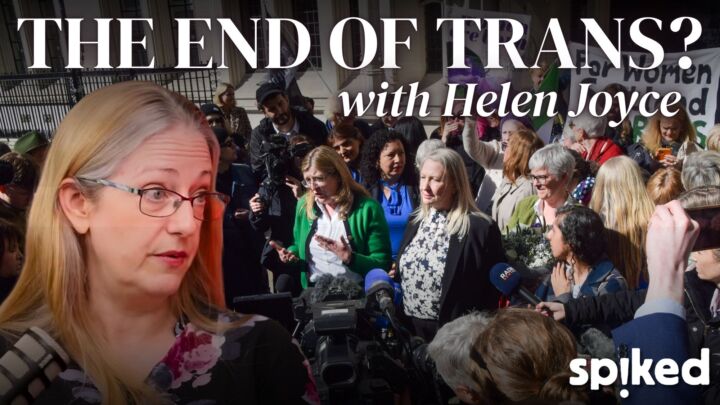Parents, don’t give up on schools
Homeschooling is no substitute for the classroom.

Want to read spiked ad-free? Become a spiked supporter.
Are we raising a generation of mollycoddled children? One sign that we are is the fact that more and more parents seem to have given up trying to send their kids to school.
Earlier this month, the Centre for Social Justice think-tank published a report revealing that a shocking one in three parents in the UK no longer believes that their children have to attend school every day. Many of these parents argue that the closure of schools during the Covid-19 pandemic showed how inessential they are. Another report last year by consultancy firm Public First found it would take a ‘seismic shift’ for parents in England to once again view school attendance as absolutely necessary.
The effects of this can be clearly seen. A study by the Department for Education found that persistent absence has risen dramatically in English schools since the pandemic. The proportion of pupils missing 10 per cent or more of school sessions doubled from 13 per cent of pupils in autumn 2019 to 24.2 per cent in autumn 2022. The autumn 2019 figure was already almost double that from 10 years ago.
While school attendance has fallen, homeschooling has increased dramatically, rising by 40 per cent since 2018. For some families, homeschooling may well be the best choice. But the vast majority of children need the structured environment of the classroom to thrive, both socially and academically. It is particularly worrying to see that many of the children being taken out of school suffer from problems like anxiety or have special educational needs (SEN).
These children are in serious danger of falling behind, especially when it comes to gaining social skills. The majority of children need the lively, sometimes boisterous, social periods where they learn to negotiate their ups and downs with their peer group. This is a big learning curve for every child. But no one should underestimate the psychological, emotional and mental benefits of this process.
Many homeschooled children are not getting the academic education they need, either. There is clearly a considerable variation among parents about what ‘homeschooling’ means in practice. One BBC article from 2022 told the story of a homeschooled 14-year-old girl who spent her days crafting cat toys for her mother’s online shop – perhaps a valid skill in and of itself, but hardly a substitute for a real education.
In some cases, parents appear to have given up on educating their children at all. One teenage boy, who left school under the threat of exclusion, spoke to the BBC about how he had swapped school for playing videogames all day, while he was theoretically being homeschooled by his parents.
Part of the retreat into homeschooling is undoubtedly a result of many schools failing to meet the needs of their pupils. There is a particular lack of support for children with SEN, with some parents having to wait years for support or even being forced to pay out of pocket for private services. It is no wonder that some of these families turn away from the system altogether and take matters into their own hands.
I worry, though, that some parents are taking an overly relaxed, even lackadaisical, view towards homeschooling – treating it as the natural response to their child having a bit of a hard time at school.
Take, for example, children who are suffering with anxiety. This is a commonly cited reason for parents to take their child out of school. Such children often have low self-esteem, believing they can’t face challenges like navigating school. These children may need some help. Some may require specialist help. But none of them should be encouraged to sit at home alone, isolated from their peers and from the challenges of the real world.
Kids need school if they’re going to learn how to cope with adulthood. And parents need to start taking education seriously again.
Pam Spurr is an award-winning radio presenter, sex and relationship advisor, author and life coach. Find Pam at www.drpam.co.uk and on X @drpamspurr
Picture by: Getty.











Comments
Want to join the conversation?
Only spiked supporters and patrons, who donate regularly to us, can comment on our articles.